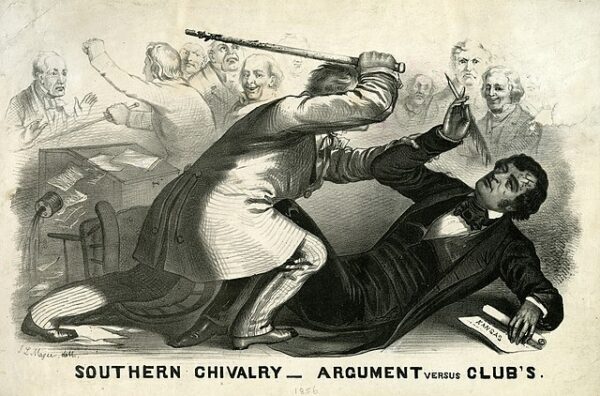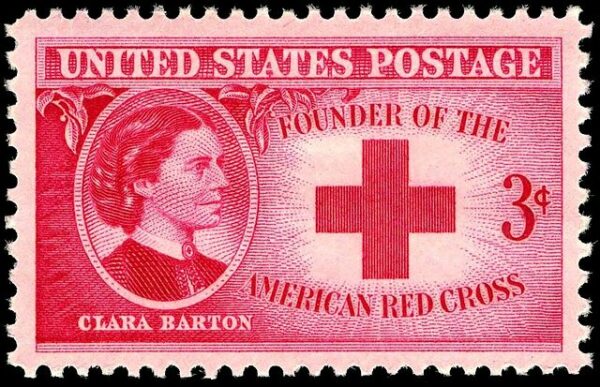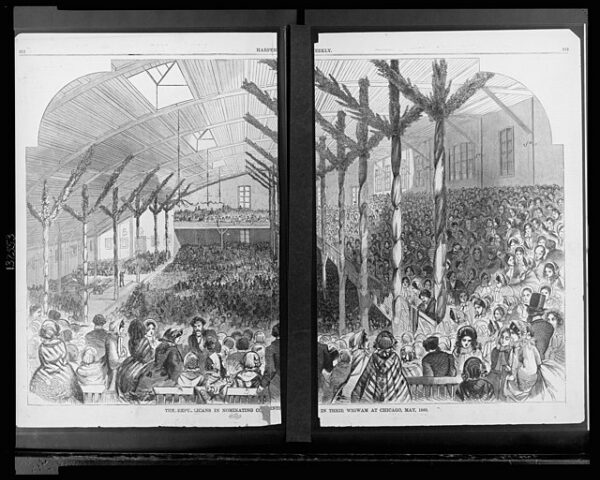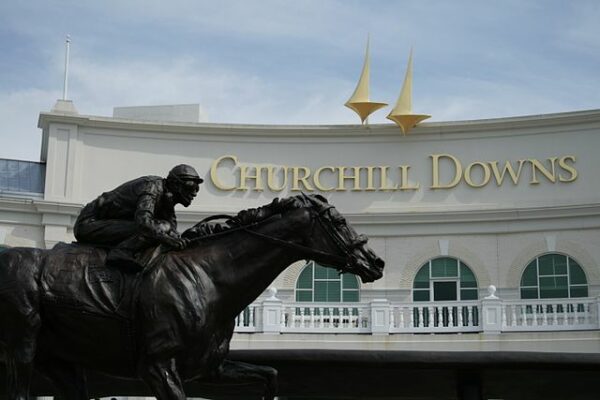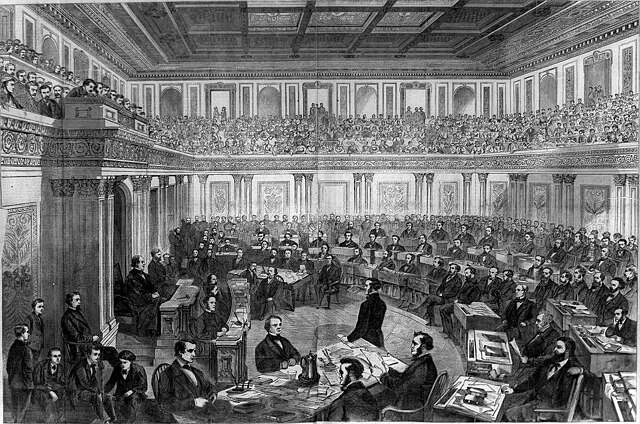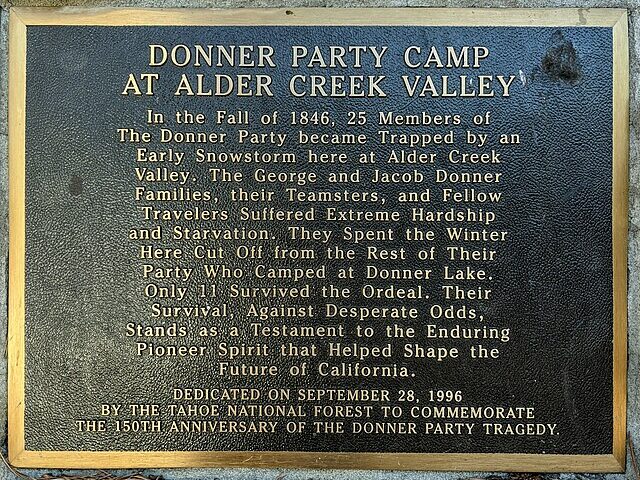On May 22, 1856, the United States Senate chamber witnessed a shocking and violent episode that reflected the intense sectional tensions of the antebellum era. Congressman Preston Brooks of South Carolina brutally assaulted Senator Charles Sumner of Massachusetts with a cane, an event that…
Read MoreThe American Red Cross, an iconic humanitarian organization, was established by Clara Barton on May 21, 1881, in Washington, D.C. Its inception marked a significant development in American charity work, dedicating itself to providing emergency assistance, disaster relief, and education in the United States.…
Read MoreIn May 1919, the American businessman, Raymond Orteig, wanted to promote the first flight across The Atlantic Ocean. He announced, “As a stimulus to the courageous aviators, I desire to offer … a prize of $25,000 to the first aviator of any Allied country…
Read MoreOperation Redwing was a series of 17 nuclear test detonations conducted by the United States at the Pacific Proving Grounds on Bikini and Enewetak Atolls in the Marshall Islands, between May and July of 1956. The operation, overseen by the Atomic Energy Commission (AEC) and carried out…
Read MoreOn May 19, 1883, Buffalo Bill Cody, an iconic figure of the American West, unveiled his grand spectacle, Buffalo Bill’s Wild West, in Omaha, Nebraska. This event marked the beginning of a revolutionary form of entertainment that combined elements of theater, circus, and historical…
Read MoreThe Republican National Convention of 1860, held from May 16 to May 18 in the bustling city of Chicago, changed the course of American history and led the nation down the road to the Civil War. This convention, taking place in the specially constructed…
Read MoreOn May 17, 1875, “The Most Exciting Two Minutes in Sports.” took America by storm at a racetrack at Churchill Downs. The Kentucky Derby was born. Founded by Meriwether Lewis Clark Jr., the grandson of the famous explorer William Clark, the race was inspired by his…
Read MoreThe impeachment trial of President Andrew Johnson, the first such trial in American history, was a highly contentious and politically charged event that culminated in his acquittal on May 16, 1868. Johnson, who ascended to the presidency following the assassination of Abraham Lincoln, quickly found himself…
Read MoreOn May 15, 1940, in San Bernardino, California, Richard and Maurice McDonald opened the first McDonald’s restaurant, marking the birth of what would become a global fast-food empire. This pioneering establishment, known then as “McDonald’s Bar-B-Q,” was initially a carhop drive-in with an expansive menu of…
Read MoreOn May 12, 1846, the ill-fated journey of the Donner Party began their journey as they departed from Independence, Missouri, embarking on a journey that would ultimately become one of the most tragic tales of American pioneer history. Led by George Donner and James…
Read More

